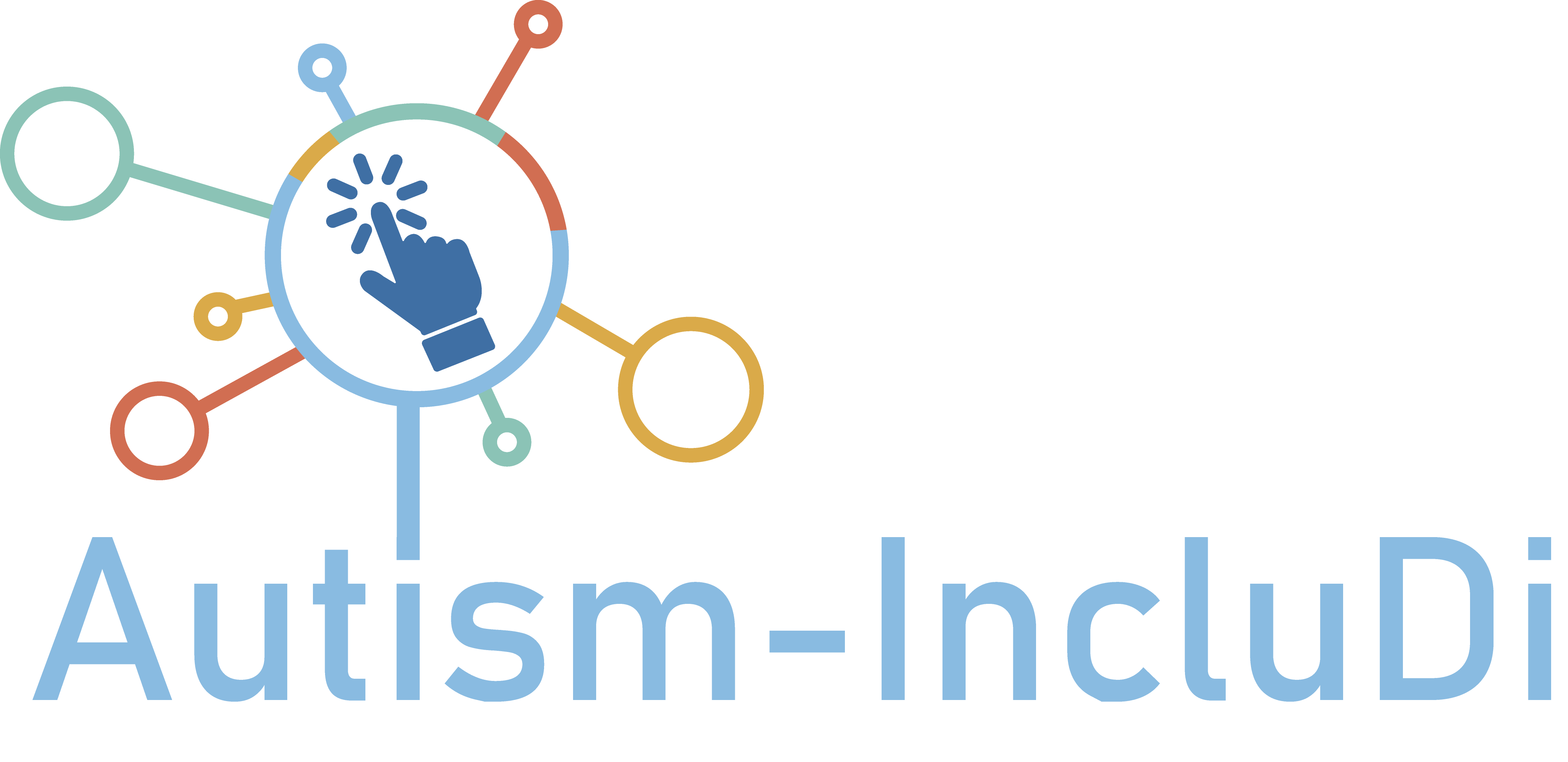
The Autism Inclusion in Distance Learning (ASD-IncluDi) program is an innovative proposal aiming to enhance the teaching and training techniques currently used in special needs education systems, by employing specifically developed ICT and IoT tools. Running for 24 months, from February 2022 until February 2024, the project is funded by the European Commission’s Erasmus+ Program.
Classroom-type learning conventional teaching and training techniques have dominated the sector of special needs education. As of today, only a very few educators have been trying to implement any type of distance learning in their courses. However, the COVID-19 crisis has brought to surface, the existing competence gap of educators in the use of advanced technology and remote training solutions to provide a high-quality training away from the classrooms. Students in the autism-spectrum, or in general students with special needs, therefore, do not always get the same level of training and education through distance learning compared to all other students of their age group, as this is often neglected.
ASD-IncluDi seeks to create a Competences Framework and Training Content on the use and implementation of ICT tools in the special needs’ education curricula for face-to-face training but mainly through a distance learning environment. As it stands, special needs educators greatly lack the pedagogical and technical knowledge and competences that will allow them to implement accessible and inclusive distance learning for students in the spectrum. Therefore the ASD-IncluDi project aims to bridge this gap and offer the framework alongside guidelines and training content, which they can, in turn, use and implement in their own training modules. Specifically, the mains objectives of ASD-IncluDi are:
- To tackle the barriers that Higher Education students in the autism-spectrum face while participating in distance learning, by: increasing the capacity of Higher Education institutions towards distance learning; developing distance learning digital pedagogy and expertise; and increasing the purposeful use of digital technologies;
- To increase awareness of Higher Education staff about the barriers students with ASD face in distance learning and develop the Higher Education staff competencies for accessible and inclusive distance learning implementation;
- Improve special education teachers’/caregivers’ training and competencies regarding accessible and inclusive distance learning by: modernize the Higher Education studies programs of special education teachers, with an emphasis on distance learning implementation skills and related labor market needs;
The goal of ASD-IncluDi is to create a tangible, innovative, and easy to integrate training framework that will allow special needs educators to adopt distance learning and use it effectively for accessible and inclusive education of students with ASD, optimise their training workflow, and keep up with the dynamically changing educational needs of children with special needs. The use of ICT tools will help them create training material that fully unlocks their students’ potential, supports them socially, and allows students to learn in a modern, fun, and effective manner.
To meet ASD-IncluDi overall objectives as efficiently as possible, the project’s consortium consists of 7 partners from 6 different European countries: University of Macedonia (Greece); A & A Emphasys Interactive Solutions Ltd (Cyprus); Atlatis Engineering AE (Greece); Rezeknes Tehnologiju Akademija (Latvia); Agrupamento de Escolas José Estevão (Portugal); Autism-Europe Aisbl (Belgium); and Uniwersytet Warszawski (Poland). This pool of partners with different fields of expertise and background will form a transnational consortium that suits the objectives and goals set for the successful implementation of AD-IncluDi project.
More information on the project’s website.
Autism-Europe (AE) takes lead on the dissemination and the Policy Recommendation activities (PR5) of the project. AE will also contribute to the development of the Competence Framework and training content and provide feedback on the entities for the semantic schema. Moreover, AE will be involved in the pilot testing, training delivery and evaluation of AD-IncluDi project.